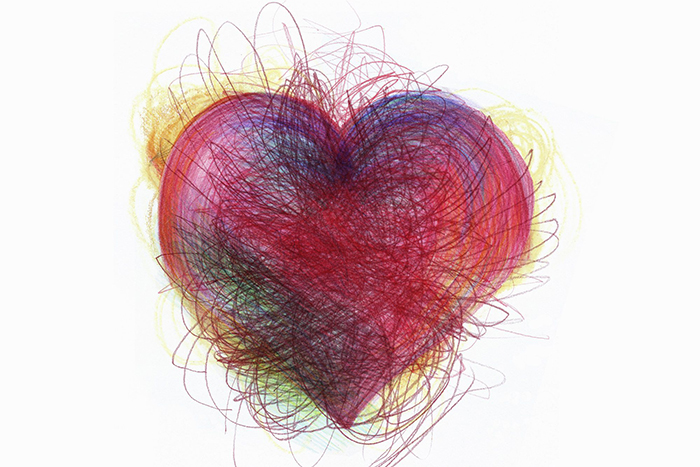What happens in the body when broken heart syndrome strikes? Why do women’s hearts react more to mental stress?
Puja K. Mehta, MD, FACC, FAHA, is an associate professor in the Division of Cardiology at Emory University and the director of Women’s Translational Cardiovascular Research. She is a member of the Emory Women’s Heart Center, which focuses on providing cardiovascular screenings to and optimizing cardiac care for women.
Dr. Mehta searches for answers to these questions in her research, which focuses on women and cardiovascular health. She’s conducted several studies funded by the National Institutes of Health.
She’s exploring how:
- Cardiac nerves and cardiac blood vessels work together
- Mental stress changes blood flow to the heart
- Mental stress causes chest pain
- Microvascular disease impacts the heart’s reaction to stress
Dr. Mehta uses mental stress tests in a lab. Study participants are asked to recall a situation that made them angry or to complete math problems under pressure. Their blood pressure and heart rate are monitored.
Results show that women with microvascular conditions feel more chest pain that lasts longer after the stress tests than women without the condition.
Dr. Mehta is launching a new study to pinpoint what’s happening with stress and the heart as women age. Women will undergo mental stress tests in a lab and then monitor their heart function at home. Test groups will include women with microvascular disease, women with coronary artery conditions and healthy women with no chest pain.
“We’ll try to figure out whether what happens at home and how the heart reacts triggers some of this,” Dr. Mehta says.
Cardiac imaging will add additional detail. The images check the heart’s sympathetic or nerve function during stress. The findings could lead to ideas for potential treatments.




